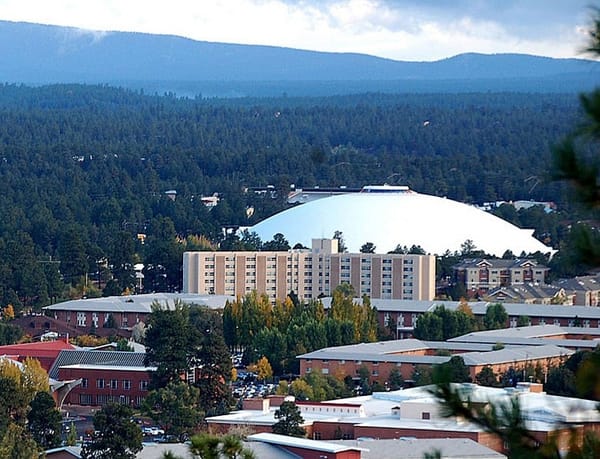Guns, Congress, and the will of the people

Like most people who grew up in suburban Boston, I am not a gun person. I've never owned one. I've never even held at handgun. I've never been a member of the NRA. Yet here I am, sitting down to write a column preemptively defending Congress for its coming "failure" to respond to President Obama's most recent call to "do something" in response to the Umpqua Community College shooting in Oregon and the other tragic mass shootings that have become sickeningly common over the past few years.
Here is the reality: Congress, imperfectly at times, generally reflects the will of the people. You, fellow denizens of the Acela corridor whose familiarity with guns is limited to TV and movies, are not representative of the rest of the country. The country doesn't want to take the most commonly suggested actions proposed to prevent mass shootings, and with good reason.

